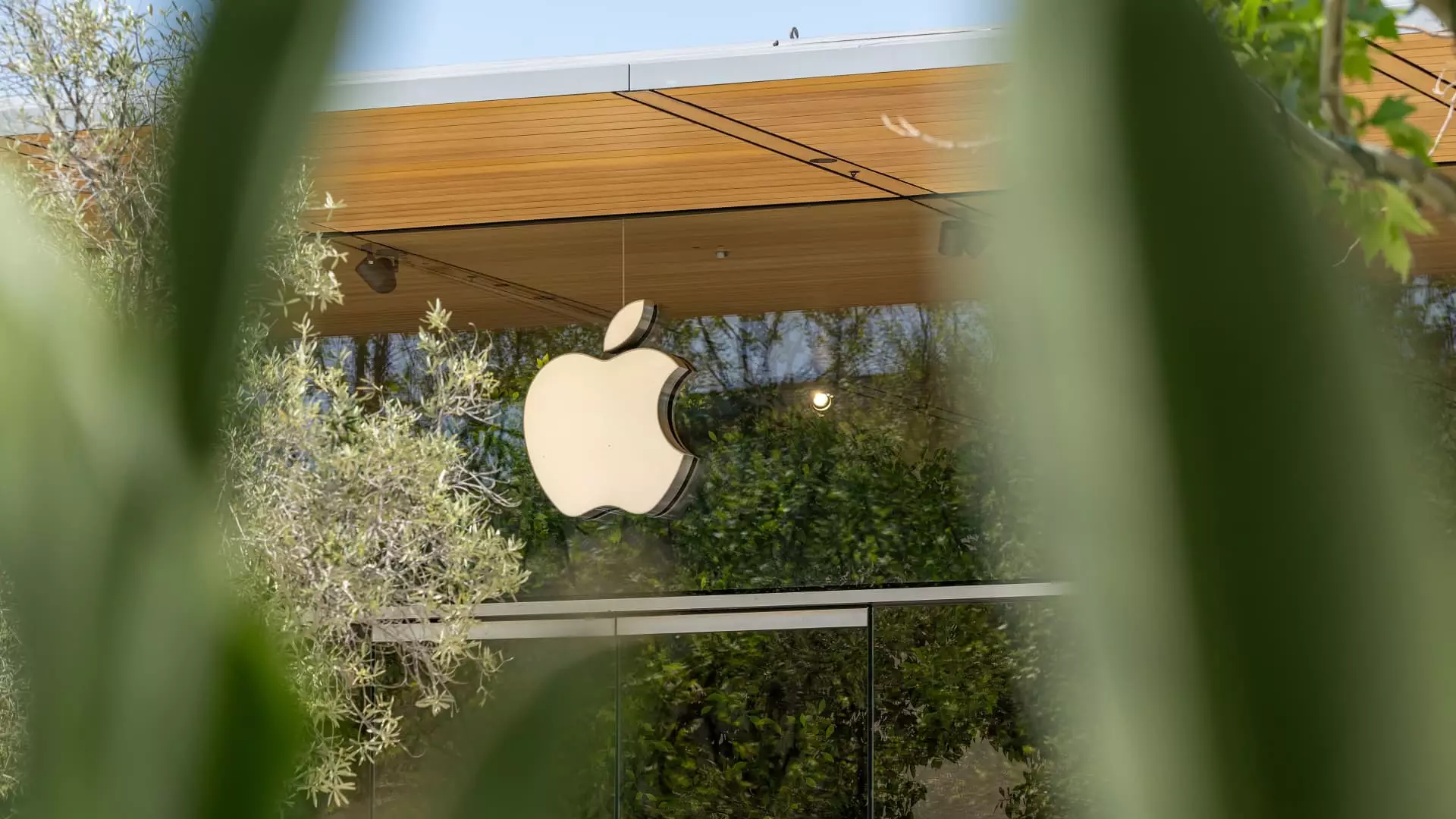The ongoing legal feud between Apple and Epic Games has stirred a significant amount of debate in the tech world, specifically regarding how app store policies could reshape the economics of app development. At the crux of the dispute is the 30% commission Apple levies on in-app purchases and the implications of a recent ruling that challenges this model. Apple, after facing a disappointing verdict last month from U.S. District Judge Yvonne Gonzalez Rogers, is seeking to pause this ruling—even arguing that compliance could erode their business model significantly. But what is often overlooked is the broader impact of these events on consumers and the tech industry as a whole.
The Power Struggle
Epic Games, led by its outspoken CEO Tim Sweeney, aims to disrupt Apple’s tight grip over its App Store through various legal maneuvers. In a world where consumer choice is increasingly prioritized, Epic contends that Apple’s hefty commissions act as a throttle on innovation and competition. The judge’s latest directive mandates Apple to cease its commission practice for external link payments—a move viewed as a lifeline for app creators like Spotify and Amazon, who have long been forced to conform to Apple’s taxing revenue model.
However, the strategy employed by Epic often raises questions about whether they are truly advocating for consumer choice or merely seeking to enhance their own market position. Sweeney’s assertion that this ruling “forces Apple to compete” emphasizes a competitive ethos, but it casts a shadow on whether this is a genuine effort for fairness or a calculated move to capture market share at Apple’s expense.
The Economic Implications
Apple’s claims that compliance with the judge’s ruling might lead to “substantial sums” lost raises critical concerns about the sustainability of their business model. If Epic’s approach gains traction, it could feasibly strip Apple of billions in revenue—funds that, according to the iPhone maker, enable them to invest in future innovations and maintain robust security features. The notion that smaller developers would have the ability to bypass Apple’s commission and redirect users to their platforms directly could drastically alter the financial landscape of mobile apps—transforming the ecosystem into a free-for-all, potentially detrimental to users.
While the principles of competition championed by Epic may hold merit, they stand in stark contrast to Apple’s established practices that prioritize device security and seamless user experience. A gluttonous focus on reducing operational costs for developers might inadvertently sacrifice those attributes that consumers have come to associate with Apple’s products.
Legal Dynamics and Industry Consequences
The courtroom drama has not just focused on financial implications, but has also taken a salacious turn, with the judge referring to instances of “misleading” claims by Apple executives. Allegations that Apple executives orchestrated discussions about changing commission rates highlight the power dynamics at play—the tension between corporate responsibility and corporate greed thickens. Apple contends they had complied with the prior order, but their legal stance raises questions about accountability in corporate governance.
If the ruling stands, it signals a pivotal shift in legal interpretations surrounding app marketplaces—a potential precedent that could empower other industries to seek similar avenues against monopolistic tendencies. This has implications beyond just tech, invigorating various sectors to advocate for fairer practices against the giants they contend with.
The Consumer Perspective
For end-users, this battle promises an exciting if chaotic future. Consumers could benefit from lower prices and increased choices as developers explore alternative revenue channels. Yet, they must also navigate a new framework that could become convoluted and fragmented. Coupled with concerns over security and data privacy when moving away from consolidated app ecosystems, users must prioritize due diligence.
In a world where digital transactions are rife with risks, a reliable infrastructure must accompany newfound freedoms—something that Apple has arguably maintained with its stringent protocols. Users must weigh the trade-offs between the immediacy of choice against the long-term implications for safety and integrity.
In light of these developments, the outcome of this legal tussle isn’t just about Apple and Epic Games; it encapsulates larger themes of power, fairness, and consumer orientation in the technology landscape. The stakes in this courtroom drama are high, and its resolution could reverberate for years to come.

